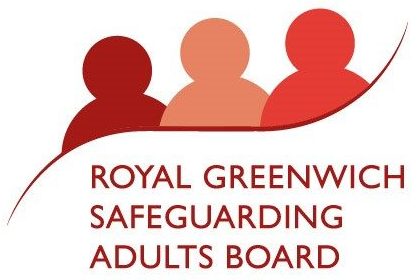Legislation
 The introduction of the Care Act 2014 puts adult safeguarding on a statutory footing for the first time, embracing the principle that the ‘person knows best’. It lays the foundation for change in the way that care and support is provided to adults, encouraging greater self-determination, so people maintain independence and have real choice.
The introduction of the Care Act 2014 puts adult safeguarding on a statutory footing for the first time, embracing the principle that the ‘person knows best’. It lays the foundation for change in the way that care and support is provided to adults, encouraging greater self-determination, so people maintain independence and have real choice.
There is an emphasis on working with adults at risk of abuse and neglect to have greater control in their lives to both prevent it from happening, and to give meaningful options of dealing with it should it occur. For staff the Care Act provides clearer guidance, and supports pathways to working in an integrated way, breaking down barriers between organisations. This approach has been championed by all the organisations who have worked together to produce this new policy and procedures which replaces (Protecting adults at risk: London multiagency policy and procedures, 2011).
Who do adult safeguarding duties apply to?
In the context of the legislation, specific adult safeguarding duties apply to any adult who:
- Has care and support needs, and
- Is experiencing, or is at risk of, abuse or neglect, and
- Is unable to protect themselves from either the risk of, or the experience of abuse or neglect, because of those needs.
- All adults who meet the above criteria regardless of their mental capacity to make decisions about their own safety or other decisions relating to safeguarding processes and activities;
- Adults who manage their own care and support through personal or health budgets;
- Adults whose needs for care and support have not been assessed as eligible or which have been assessed as below the level of eligibility for support;
- Adults who fund their own care and support;
- Children and young people in specific circumstances
Key aspects of The Care Act in relation to Safeguarding Adults
- Safeguarding Adult Boards (SAB) become statutory
- Duty to make ‘Safeguarding Enquiries’
- To hold Safeguarding Adult Reviews
- Duty on partner agencies to share information if requested by the Board
- Duty of Candour on providers
- Local Authorities to commission advocacy services
- Repeal of Section 47 of National Assistance Act
- Local authority responsibilities extend to people in prison
- Self-Neglect and Hoarding now fall under Safeguarding
The Care Act incorporates the principles and ethos of other key legislation such as:
- The Mental Capacity Act
- The Human Rights Act
- The Children’s Act
